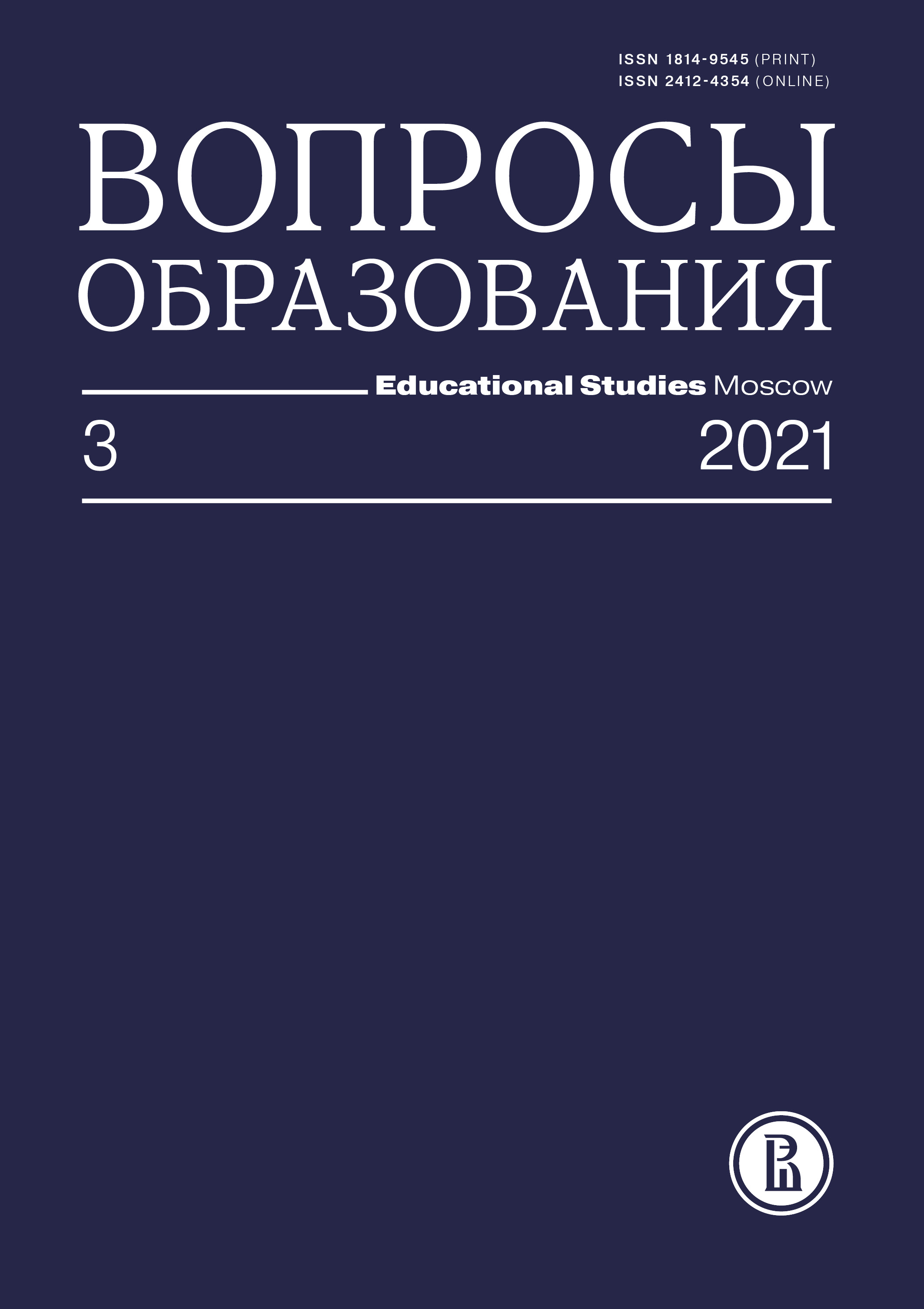Provisions Supporting Dialectical Thinking and Emotion Comprehension in Kindergarten Settings
Abstract
This paper explores the correlations between provisions created by teachers to support dialectical thinking and emotion comprehension in the learning environment of preschool institutions. Particularly, it describes the instruments designed by researchers at Moscow City University’s Laboratory of Child Development to assess the characteristics of preschool learning environment that promote dialectical thinking and emotion comprehension of children. Assessment scales were constructed using the principles underlying the Early Childhood Environment Rating Scale (ECERS‑3). This article presents the results of validation of the developed assessment tools, which involved the contrasting groups method, analysis of expert scores consistency, and calculation of internal consistency (Cronbach’s alpha).
Than the validated tools were used to test the hypothesis that preschool teachers who create provisions to support emotion comprehension in children are significantly more likely to also support provisions for dialectical thinking. The sample consisted of 31 preschool student groups from 23 educational institutions representing nine administrative districts of Moscow, with both low- and high-quality learning environments. Correlation analysis was used to demonstrate a strong relationship between preschool settings necessary to develop emotion comprehension and dialectical thinking of children. The findings of this study allow recommending the designed tools to be used for assessment of kindergarten learning environments and can serve as the basis for reconceptualizing the pedagogical framework of supporting emotional and cognitive development of children to make it more coherent and consistently embracing the psychological characteristics of preschoolers.









